The Effects of Kitten’s Play Behaviors & The Precautions Owners Should Notice
 June 4, 2023
June 4, 2023
Pet owners who wish to encourage the well-being of their new feline companions must appreciate the role of play in the overall development of kittens. The play behavior of kittens contributes significantly to their mental, physical and social growth. Feline play behaviors incorporate predatory instincts and social interaction, which builds familiarity and trust among their human cohabitants over time. So here the guide come to help owners delve into the influence of certain play behaviors in kittens and underscores the ways as well as the precautions owners should fathom.
Play is instrumental not only as a source of entertainment but in molding the cognitive, social and physical development of kittens.
![]() Cognitive play behaviors involve problem-solving, exploration, and intellectual development in kittens. This includes activities like hide-and-seek games. By engaging in cognitive play, kittens are mentally stimulated, enhancing their ability to adapt to new environments and situations. It is advisable to rotate toys regularly to prevent boredom and maintain novelty, ensuring that they remain engaging and challenging for the kittens.
Cognitive play behaviors involve problem-solving, exploration, and intellectual development in kittens. This includes activities like hide-and-seek games. By engaging in cognitive play, kittens are mentally stimulated, enhancing their ability to adapt to new environments and situations. It is advisable to rotate toys regularly to prevent boredom and maintain novelty, ensuring that they remain engaging and challenging for the kittens.
![]() Social play behaviors allow kittens to develop crucial social skills and strengthen their bond with littermates and human companions. These behaviors include grooming, social biting, and chasing games. Through social play, kittens learn body language, communication, and social boundaries. As owners, it is essential to engage in interactive play sessions with kittens, using interactive toys and laser pointers, which provides an opportunity to bond and develop trust, as well as facilitate social and cognitive development.
Social play behaviors allow kittens to develop crucial social skills and strengthen their bond with littermates and human companions. These behaviors include grooming, social biting, and chasing games. Through social play, kittens learn body language, communication, and social boundaries. As owners, it is essential to engage in interactive play sessions with kittens, using interactive toys and laser pointers, which provides an opportunity to bond and develop trust, as well as facilitate social and cognitive development.
![]() Kittens engage in physical play behaviors to develop their coordination, balance, and muscle strength. Activities such as pouncing, chasing, and wrestling simulate hunting experiences, refining their predatory instincts. It is crucial for owners to provide chance for physical play by offering toys such as balls, feathers, and climbing structures that encourage exercise and exploration. However, it is equally important for owners to set boundaries to ensure the safety of both the kittens and themselves. Avoid using hands hand feet as playthings, as this may create confusion between play and aggression, potentially leading to harmful biting or scratching behaviors.
Kittens engage in physical play behaviors to develop their coordination, balance, and muscle strength. Activities such as pouncing, chasing, and wrestling simulate hunting experiences, refining their predatory instincts. It is crucial for owners to provide chance for physical play by offering toys such as balls, feathers, and climbing structures that encourage exercise and exploration. However, it is equally important for owners to set boundaries to ensure the safety of both the kittens and themselves. Avoid using hands hand feet as playthings, as this may create confusion between play and aggression, potentially leading to harmful biting or scratching behaviors.

While play time is essential for a kitten’s well-being, certain precautions should be taken to ensure their safety.
![]() Ensure that all play materials are safe and non-toxic, as kittens are curious and often explore objects by mouthing and chewing. Remove any small or hazardous objects, such as plastic bags or cords that may pose a choking risk.
Ensure that all play materials are safe and non-toxic, as kittens are curious and often explore objects by mouthing and chewing. Remove any small or hazardous objects, such as plastic bags or cords that may pose a choking risk.
![]() Establish a safe play area that is free from potential dangers, such as open windows, harsh chemicals, or other pets that may harm the kitten.
Establish a safe play area that is free from potential dangers, such as open windows, harsh chemicals, or other pets that may harm the kitten.
![]() Supervise playtime to monitor the intensity of play and intervene if necessary. Be mindful of signs of overstimulation or aggression, redirecting their energy if play becomes excessive.
Supervise playtime to monitor the intensity of play and intervene if necessary. Be mindful of signs of overstimulation or aggression, redirecting their energy if play becomes excessive.
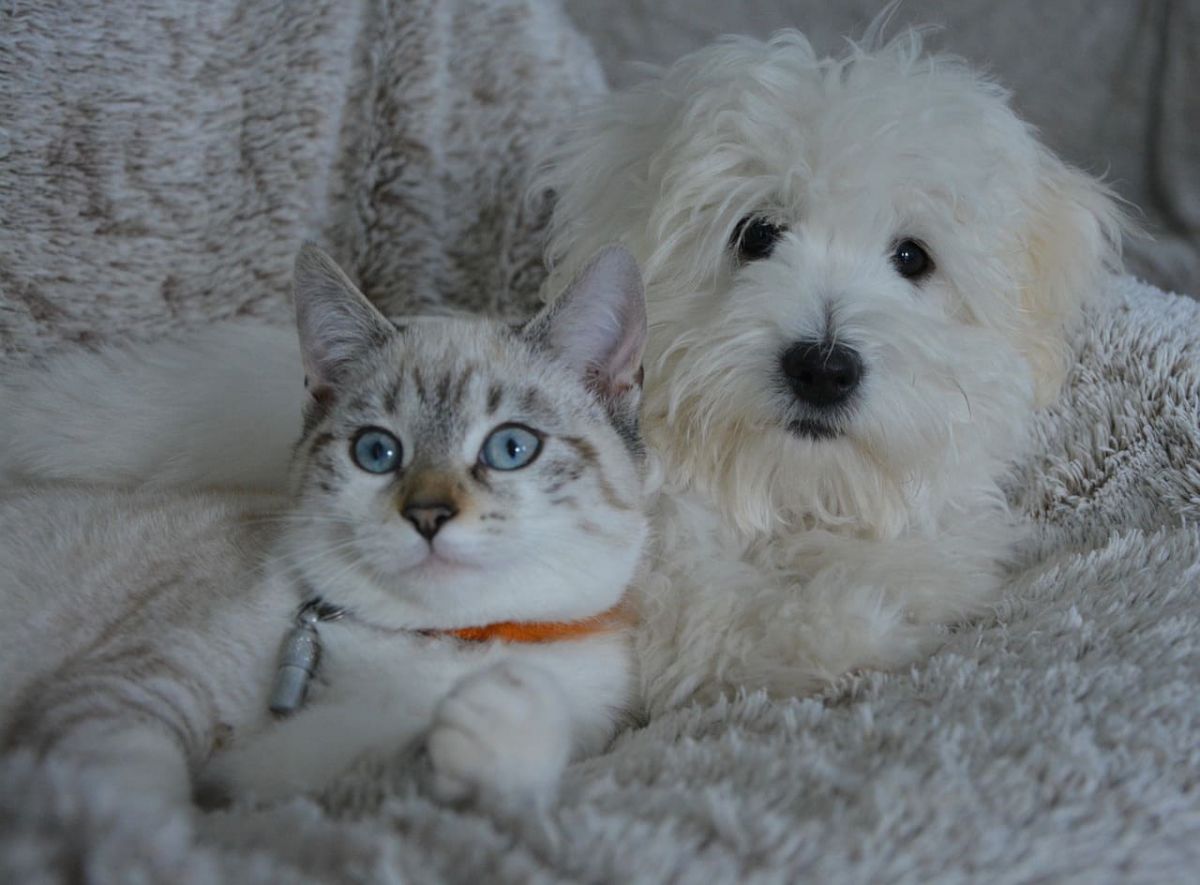
An Authoritative Glimpse into the World’s Top Ten Most Popular Categories of Pets

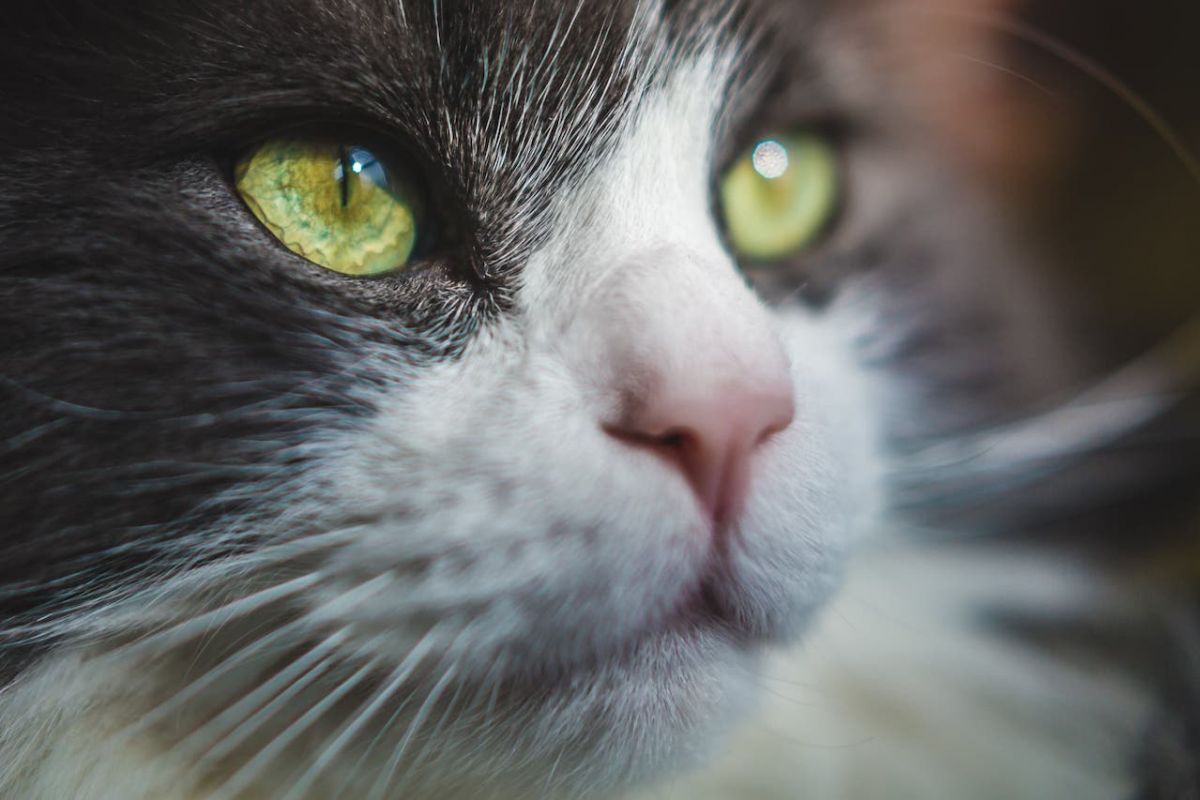
Why Do Cats Squirm Before Pouncing

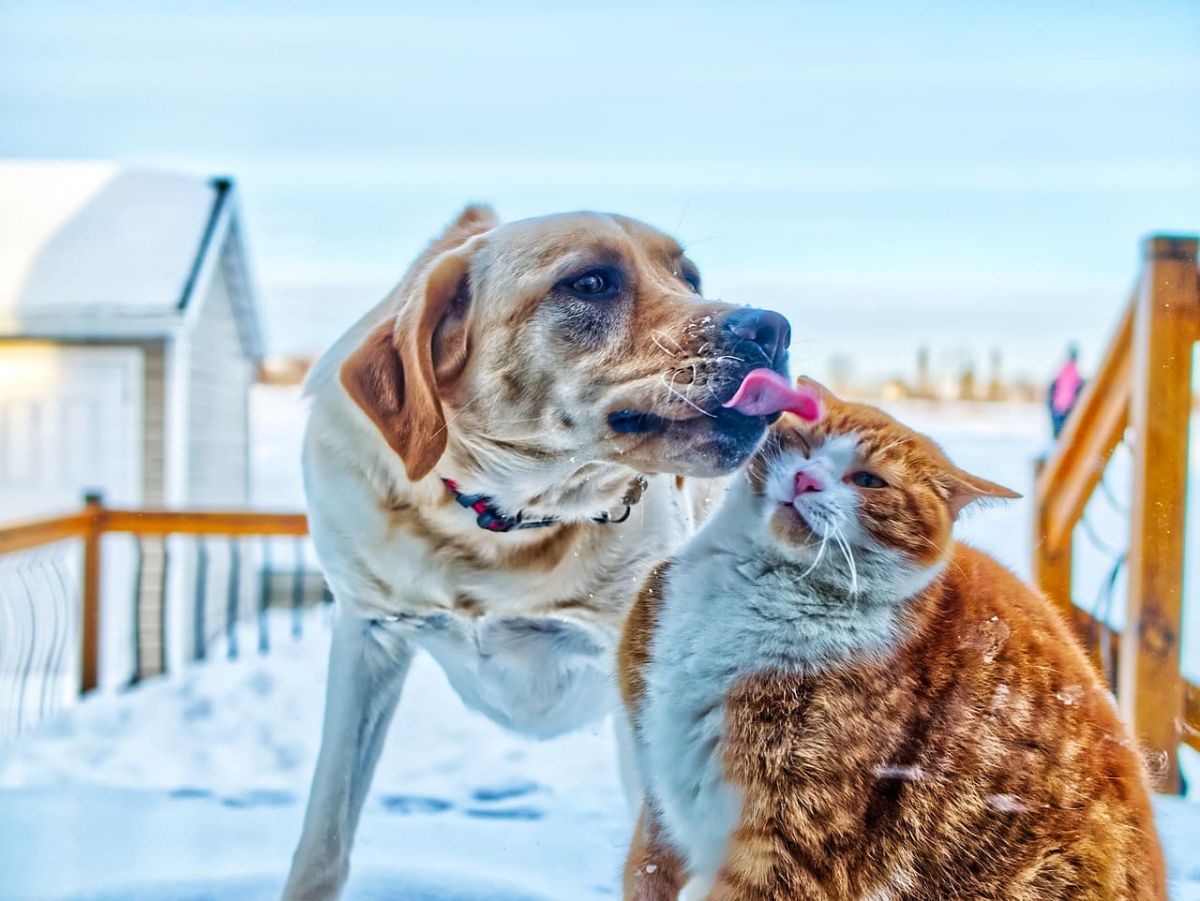
True Heartwarming Stories: The Unbreakable Bond Between Animals and Humans

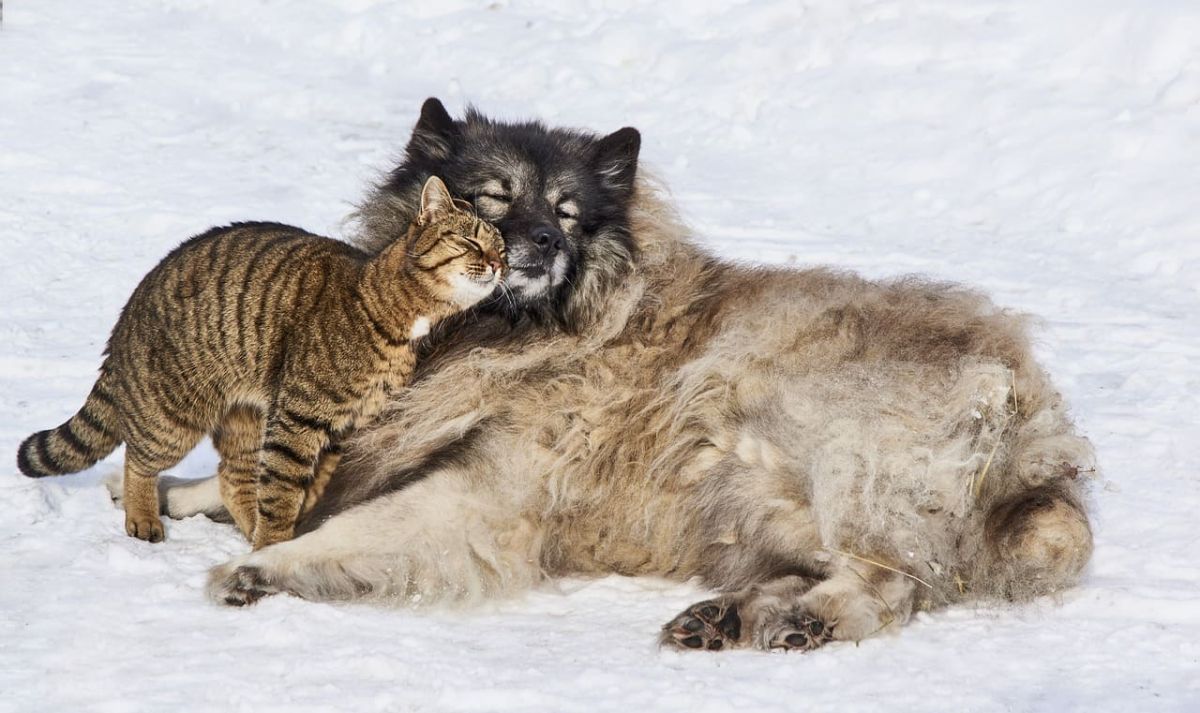
Pets’ Interesting News and Anecdotes


Owning a Pet May Help Maintain Mental Health When We’re Over 65


Pet IQ Test: Explore Your Pet's Intelligence and Potential

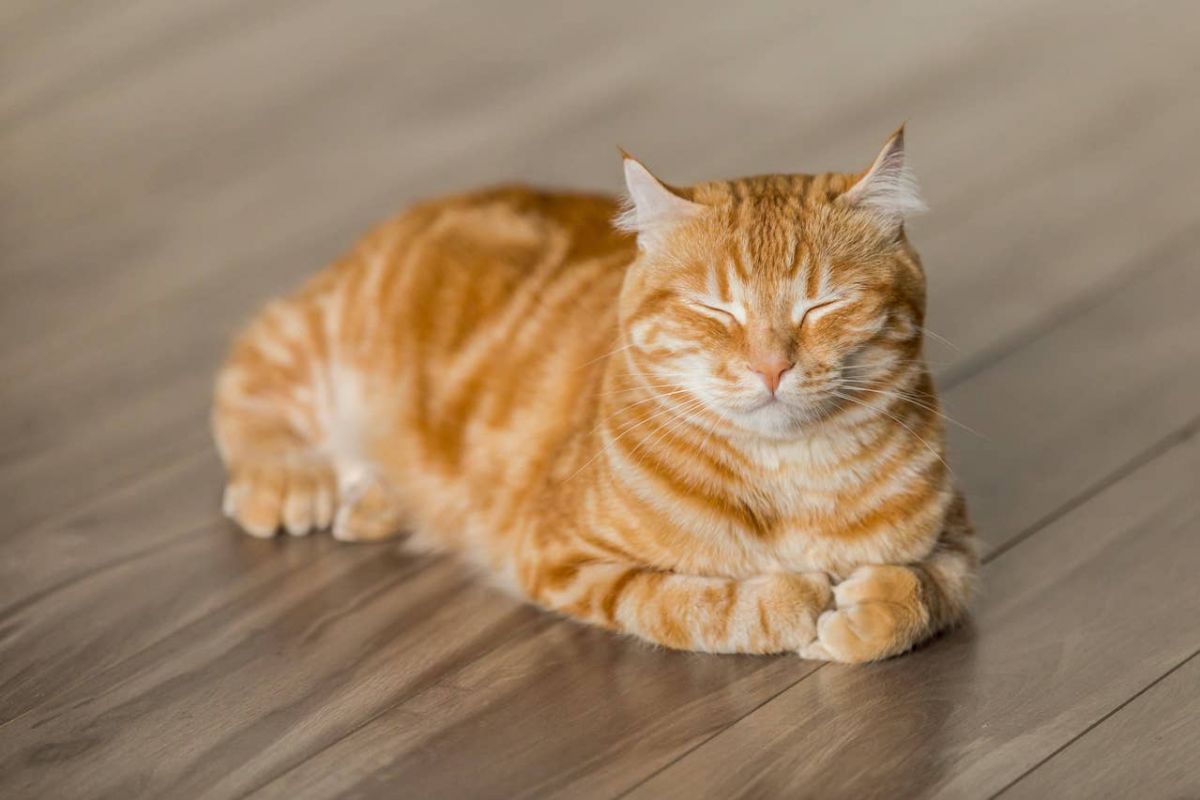
Pet Insurance: A Must for Comprehensive Pet Protection

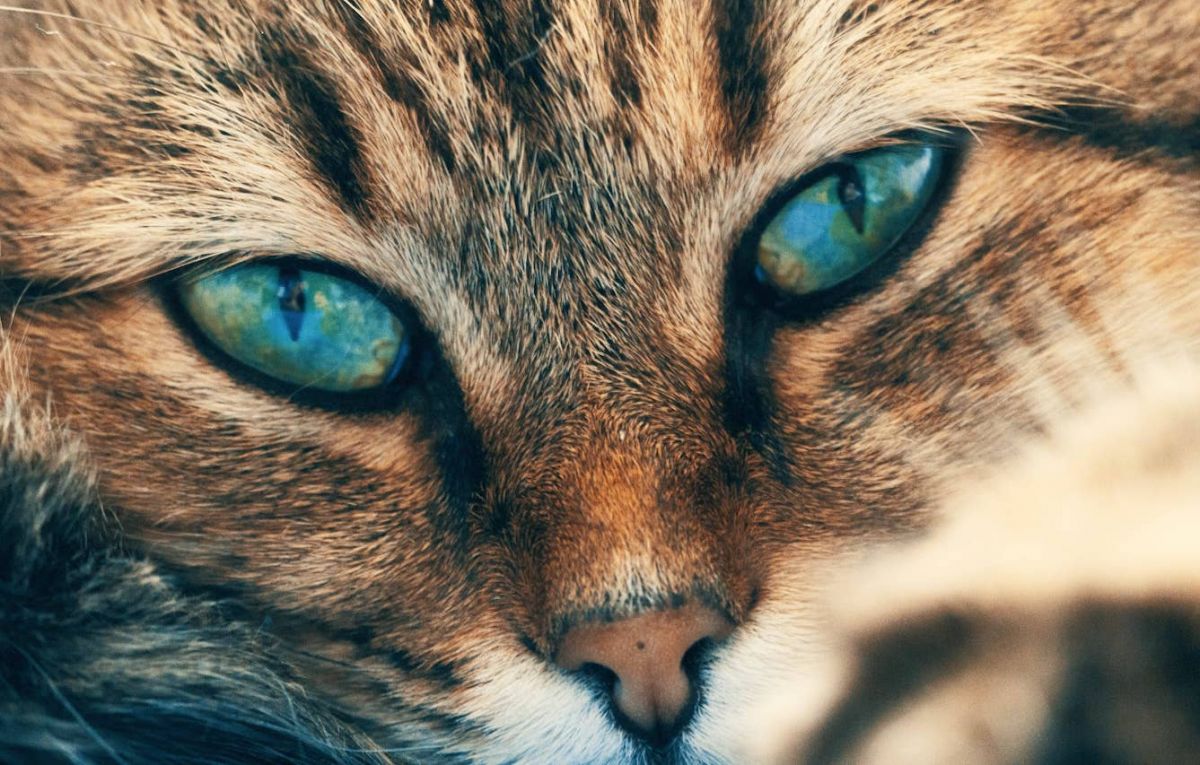
Instruction to PetSmart















